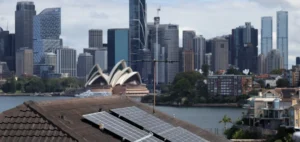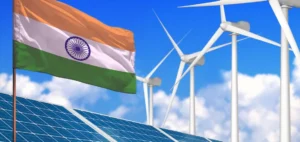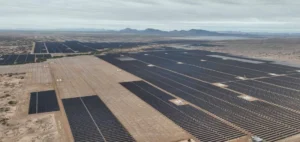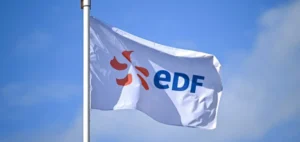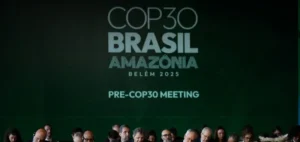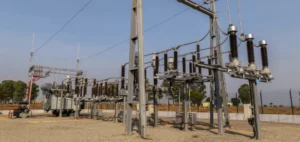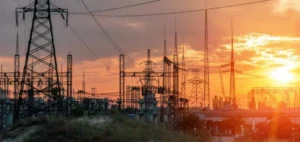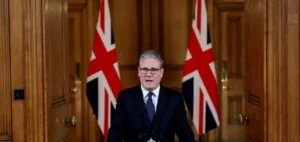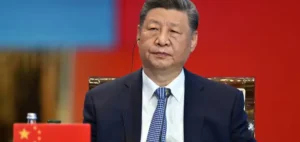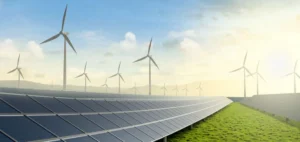Q: The European Commission presented on Tuesday its proposals to mitigate soaring energy prices, to be discussed on Thursday by EU heads of state and government meeting in Brussels. How do you view these measures?
Teresa Ribera: “In my opinion, the proposals are still a little timid: we still lack concrete measures on the vast majority of subjects. There has certainly been a real effort over the past year, the likes of which have probably never been made in the history of Europe on energy issues. But it’s frustrating to see how slow and laborious Europe’s response to the challenge we face has been.”
Q: This plan does not include a cap on the price of gas used to generate electricity, as many countries are calling for in order to benefit from a mechanism that has already been applied temporarily in the Iberian Peninsula. Is this another reason for disappointment?
Teresa Ribera: “There is a growing sensitivity and convergence among member states on this issue, despite differences in approach, but I think it is important to move a little faster on this issue. We should not have to ask the Commission four times for the same thing in order to have a proposal. But I remain confident that the Commission will speed up: it would be risky not to take decisions in time.”
Q: Soaring energy prices are causing a lot of frustration and discontent among the population. Do you fear a political backlash in Europe?
Teresa Ribera: “The energy crisis creates a difficult situation for families and for the productive fabric. If we do not react quickly enough, there may be a loss of confidence in the European institutions. The current situation is a very important “stress test” for Europe in terms of its social commitment. But despite all the difficulties, it seems to me that the European Union is able to respond positively: a year ago, few countries understood why it was important to take decisions at the European level. Today, I think that has changed: everyone has understood that this is essential.”
Q: Among the issues of contention is the MidCat gas pipeline project between France and Spain, supported by Madrid and Berlin, but rejected by Paris. Do you still hope to change France’s mind?
Teresa Ribera: “The optimism (of Madrid) is very moderate. We respect and understand some of the arguments put forward by France, but not all. MidCat must be seen as an infrastructure of the future, adapted to hydrogen transport. And we do not agree with the idea that decisions of European interest depend exclusively on the bilateral decisions of member states. It is therefore important to find a European solution to the problem, and that the request for help from Germany and other member countries is supported.”
Q: Spain has just announced that it is leaving the Energy Charter Treaty (ECT), signed in 1994 to provide guarantees to investors, but accused of hampering the EU’s climate ambitions. Why such an announcement, when a reform of this treaty is in the pipeline?
Teresa Ribera: “This attempt at reform has failed: the negotiations have been going on for two years and the result has fallen far short of expectations. We have therefore decided to withdraw from the treaty, knowing that the time needed for the departure to be effective may take a year and a half. This does not mean that Spain will oppose a possible agreement: to be consistent, we will abstain, to respect the countries that decide to stay.”


